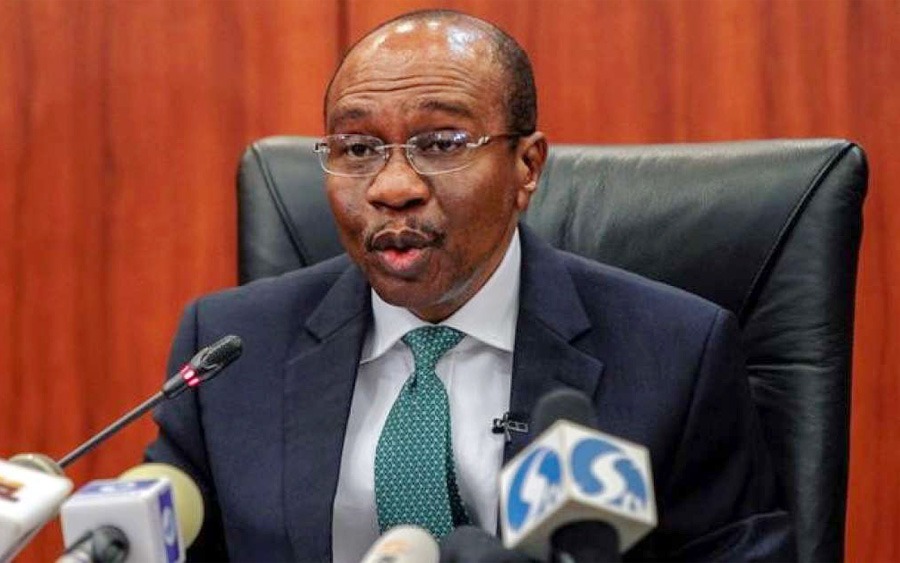Finance
CBN Leaves Interest Rate Unchanged at 11.5 Percent

CBN Leaves Interest Rate Unchanged at 11.5 Percent
The Central Bank of Nigeria led Monetary Policy Committee (MPC) left the interest rate unchanged at 11.5 percent to aid economic recovery from recession.
The MPC lowered the interest rate by 100 basis points to 11.5 percent in the third quarter to boost capital inflow to the real sector of the economy and halt the continued plunge in economic productivity.
The members voted unanimously to leave the rate unchanged because of the poor macroeconomic factors caused by the COVID-19 pandemic, rising inflation and lockdown.
Asymmetric Corridor was also retained at +100/-700 basis points while Cash Reserve Ration (CRR) stood at 27.5 percent. The liquidity Ratio was left at 30 percent, according to the CBN Governor, Godwin Emefiele.
Emefiele disclosed this on Tuesday after two days of meeting. He added that the global economic outlook has started showing improvements.
The retention comes as no surprise to experts given the escalating inflation rate, weak economic productivity and the present economic recession.
Obadiah Mailafia, a former deputy governor, CBN said “I do not see them shifting ground on those key areas. It would be counter-intuitive to reduce the MPR in a time of rising inflation.”
“The government is facing what is increasingly looking like a fiscal crisis, as government revenues continue to fall while a sizeable portion of government funds are going into debt-servicing,” Mailafia stated, noting that “More than 400 federal agencies have been unable to pay salaries to public sector workers for several months a in a row. Nigeria’s economic challenges are compounded by the geopolitical challenges of banditry, violence and terrorism.”
“As expected, I did not see them shifting ground on those key areas. It would be counter-intuitive to reduce the MPR in a time of rising inflation.
“I, therefore, suspected they would want to leave things as they are in order to weather the current storm, in the hope that things will begin to improve by Q2.
“A stable and consistent monetary policy stance can help stabilize the economic outlook while helping actors to anchor long-term rational expectations,” the former CBN stressed.